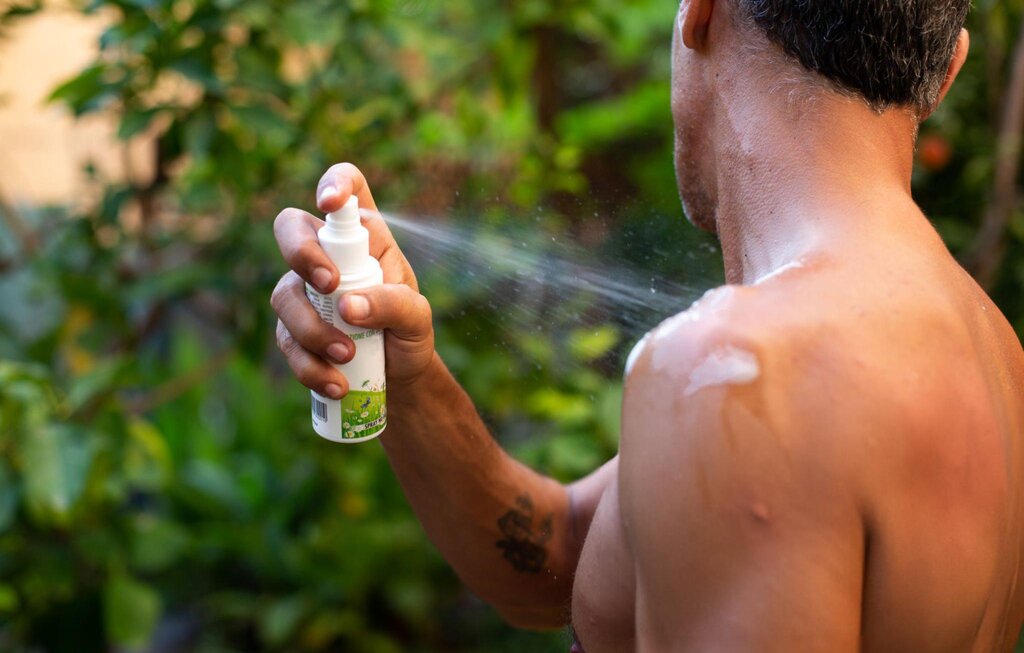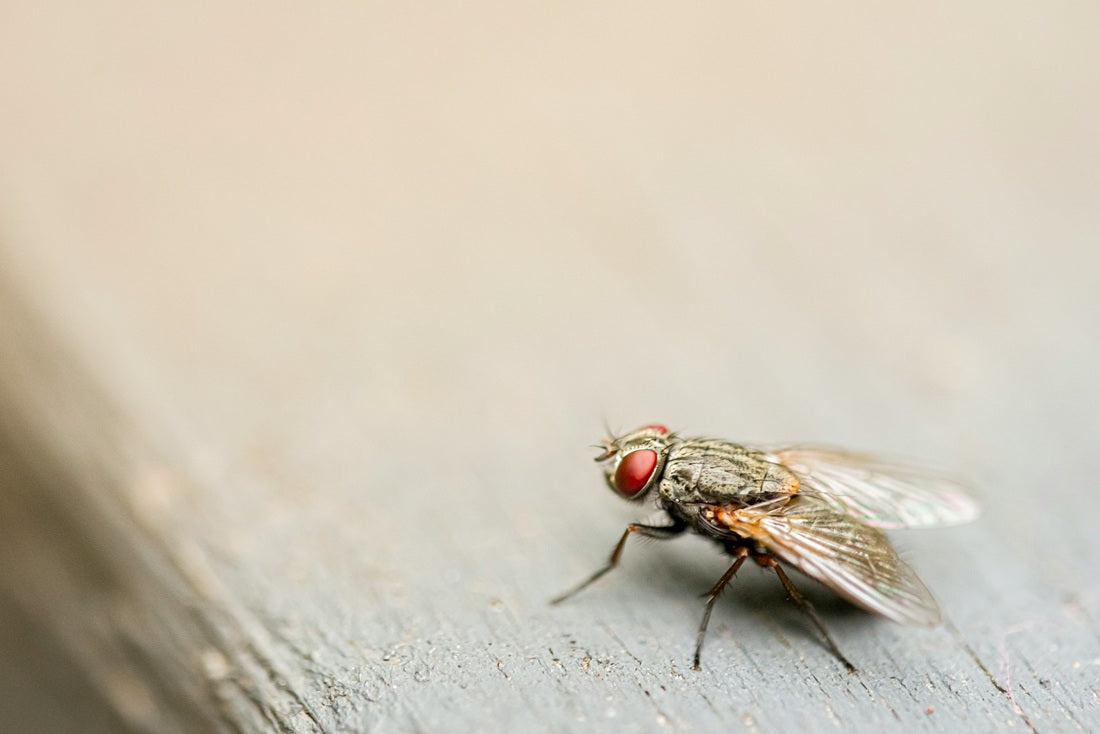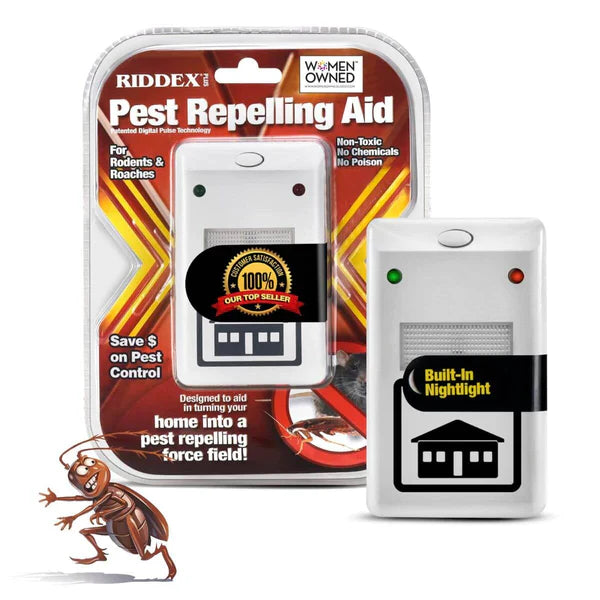When it comes to keeping pests away from your home, natural solutions can be both effective and environmentally friendly. Many people are turning to herbs as a safer alternative to chemical-based pest control methods. These natural pest repellents not only deter unwanted critters but also contribute to a healthier living space. With an increasing awareness of the effects of chemicals on our health and the environment, it’s no surprise that herbs are gaining popularity as an efficient way to keep pests at bay.
Herbs offer a wide range of benefits beyond just pest control. By using herbs instead of harsh chemicals, you can avoid potential health risks and create a more pleasant-smelling environment. Additionally, many pest-repelling herbs can be used in cooking, offering double the usefulness. Let's explore some of these powerful herbs and how they can help you maintain a pest-free home.
Best Herbs for Natural Pest Repellents
Finding the best herbs for natural pest control can be a game changer in keeping pesky intruders out. Here are some popular choices that stand out for their effectiveness:
- Lavender: Known for its lovely scent, lavender is also excellent at repelling mosquitoes and moths. This herb works by masking scents that attract these pests.
- Peppermint: Not only does peppermint smell great, but it's also a natural deterrent for ants and mice. Its strong aroma confuses pests, making it hard for them to find their way around.
- Basil: This tasty herb is great for cooking but also effective against flies. Basil leaves release a natural oil that pests find unpleasant.
These herbs work by interfering with the scent trails that attract pests, effectively misdirecting them away from your home. With different types of plants repelling different pests, it's easy to build a diverse and effective protective barrier using herbs. Not only do these herbs offer protection, but they also fill your space with pleasant natural scents. By strategically placing them in your home, you can create a natural repellent system that keeps pests at a comfortable distance.
How to Use Herbs for Pest Control
Using herbs for pest control is simple and can be done with a few thoughtful steps. When planting herbs, decide if you want them in a garden or as potted plants indoors. For outdoor gardens, choose sunny spots where the herbs will thrive and require less maintenance. Indoors, place potted herbs near windows with plenty of sunlight to keep them healthy and productive.
Herbs are versatile in combating pests. Creating sachets is an easy option: dry herb leaves, place them in small mesh bags, and strategically hang them around your home. Lavender sachets in closets can deter moths, while peppermint sachets can be ideal in kitchens and pantries to ward off ants and mice.
Another practical method is making herb sprays. A simple yet effective concoction is combining water with essential oils from herbs like peppermint or basil. Spray this mixture around windowsills, doorframes, and anywhere you suspect pest activity. This forms an aromatic barrier, keeping unwanted visitors at bay.
Potted herb plants can also serve as a natural defense. Position these where pests are likely to enter, such as near doors or windows. With their strong scents, herbs naturally deter pests, and as a bonus, add a touch of greenery to your home.
Additional Benefits of Using Herbs
The perks of using herbs extend well beyond pest control. Their delightful scents enhance the ambiance of any space, from living rooms to patios. Imagine the aroma of fresh basil in the kitchen or lavender in the bedroom, subtly uplifting your surroundings.
Herbs are also culinary treasures. Many pest-repelling herbs, such as basil and mint, are staples in the kitchen. You can snip fresh leaves for your favorite recipes, adding a burst of flavor while maintaining a pest-free environment.
Embracing herbs for pest management aligns with an eco-friendly lifestyle, minimizing reliance on chemical products. This shift not only protects your home but also benefits the planet. Cultivating herbs encourages sustainable practices, fostering a healthy relationship with nature.
Encouraging Self-Sufficiency with Herbal Pest Repellents
Growing herbs is a step toward self-sufficiency. You gain the knowledge and skills to manage pests naturally, reducing dependence on store-bought solutions. Start by creating a small herb garden with versatile selections like basil, mint, and rosemary. As these herbs flourish, so does your confidence in managing your home's ecosystem.
Incorporating herbs into daily life becomes second nature. Use them in cooking, introduce their scents into homemade cleaning products, or simply enjoy their presence in your space. You'll find that herbs serve multiple purposes, each supporting a sustainable lifestyle.
Self-sufficiency extends beyond pest control, cultivating a sense of assurance in managing your home. As you grow herbs and explore their uses, you'll discover new ways to integrate them into everyday activities, promoting a harmonious and resourceful living environment.
Enjoy a Pest-Free Home Naturally
Herbs offer an inviting, practical approach to pest control that aligns with modern eco-conscious living. They safeguard your home without compromising on safety or aesthetics. Balancing function and beauty, these plants create effective natural defenses against pests.
Embrace herbs for their utility and charm, and explore how they can transform your home into a serene haven. Experiment with different combinations to suit your needs, and let nature guide you in fostering a safer, more comfortable living space free of unwelcome guests.
For those looking to expand their approach to staying pest-free, Riddex offers a range of solutions to enhance your efforts. To discover how to further protect your home with natural pest repellents, explore our collection and let nature help create an inviting and safe environment for you and your family.






